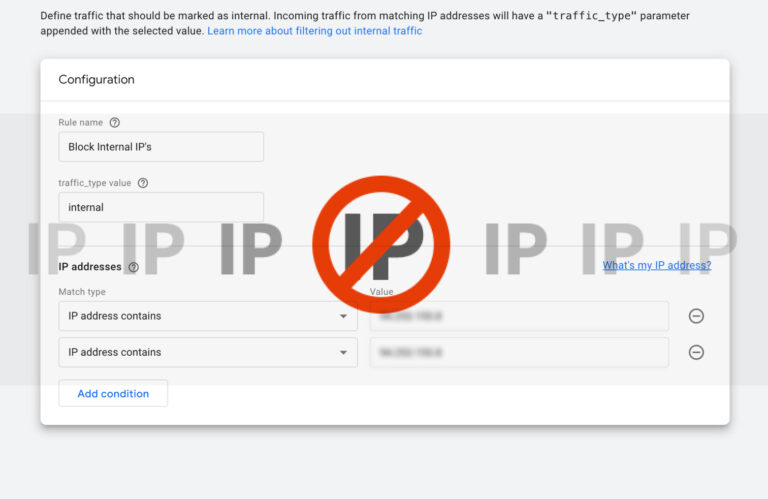Building a high-performance team is essential for any business aiming to achieve long-term success and sustainable growth. A high-performance team not only meets but often exceeds expectations, driving innovation, efficiency, and overall organizational effectiveness. In this blog post, we’ll explore what makes a high-performance team, the benefits of having one, and actionable steps to create and maintain such a team within your organization.
What is a High-Performance Team?
A high-performance team is a group of individuals with complementary skills who are committed to a common purpose, goals, and approach for which they hold themselves mutually accountable. These teams are characterized by their ability to consistently achieve superior results through collaboration, innovation, and a shared sense of purpose.
Benefits of Developing a High-Performance Team
- Increased Productivity: High-performance teams work efficiently and effectively, often completing projects ahead of schedule and under budget.
- Enhanced Innovation: Such teams leverage diverse perspectives and skills to foster creativity and innovation, leading to better problem-solving and more innovative solutions.
- Improved Morale and Engagement: Team members in high-performance teams tend to have higher job satisfaction and engagement, reducing turnover and enhancing the overall workplace culture.
- Superior Customer Satisfaction: Teams that perform at a high level are more likely to meet or exceed customer expectations, leading to increased customer satisfaction and loyalty.
Steps to Develop a High-Performance Team
1. Define Clear Goals and Expectations
Establishing clear, measurable goals is the first step in building a high-performance team. Ensure that every team member understands the team’s objectives and their role in achieving these goals. Use the SMART criteria (Specific, Measurable, Achievable, Relevant, Time-bound) to set goals that are clear and attainable.
Your team should understand your business strategy, read more: Differentiation Strategy
2. Foster Open Communication
Effective communication is crucial for team success. Encourage open, honest, and respectful communication among team members. Regular meetings, feedback sessions, and collaborative tools can facilitate better communication. Create an environment where team members feel comfortable sharing ideas, feedback, and concerns without fear of judgment or retaliation.
3. Build Trust and Collaboration
Trust is the foundation of any high-performance team. Build trust by promoting transparency, reliability, and integrity. Encourage team members to collaborate, share knowledge, and support each other. Team-building activities and social events can also help strengthen relationships and foster a sense of camaraderie.
4. Leverage Individual Strengths
Recognize and utilize the unique strengths and talents of each team member. Assign tasks and roles based on individual skills and expertise. Providing opportunities for team members to develop and use their strengths can lead to increased job satisfaction and better team performance.
5. Encourage Continuous Learning and Development
Invest in the ongoing professional development of your team members. Offer training programs, workshops, and opportunities for career advancement. Encourage a growth mindset where team members are motivated to learn new skills, take on new challenges, and continuously improve their performance.
6. Recognize and Reward Achievements
Regularly acknowledge and celebrate the achievements of your team. Recognition can be in the form of verbal praise, awards, bonuses, or other incentives. Rewarding team members for their hard work and contributions can boost morale and motivate them to continue performing at a high level.
7. Promote a Positive Work Environment
Create a positive, supportive, and inclusive work environment. Address conflicts promptly and fairly, and ensure that all team members feel valued and respected. A positive work environment can enhance job satisfaction, reduce stress, and improve overall team performance.
High-Performance Team Examples
Here are a few examples of high-performance teams and the strategies they use to succeed:
- Tech Innovators: A software development team that uses agile methodologies to rapidly iterate and deliver high-quality products. They have regular stand-ups, retrospectives, and sprint reviews to ensure continuous improvement.
- Marketing Mavericks: A marketing team that leverages data-driven strategies to create compelling campaigns. They use collaborative tools to share insights and feedback, leading to more effective and cohesive marketing efforts.
- Healthcare Heroes: A healthcare team that focuses on patient-centered care. They hold multidisciplinary meetings to discuss patient cases and develop comprehensive care plans, ensuring that every team member contributes their expertise.
Conclusion
Developing a high-performance team requires intentional effort and a commitment to fostering a culture of excellence, collaboration, and continuous improvement. By defining clear goals, fostering open communication, building trust, leveraging individual strengths, encouraging continuous learning, recognizing achievements, and promoting a positive work environment, you can create a team that consistently delivers exceptional results.
Investing in the development of high-performance teams not only enhances productivity and innovation but also leads to greater job satisfaction and overall organizational success. Start implementing these strategies today and watch your team transform into a high-performance powerhouse.



